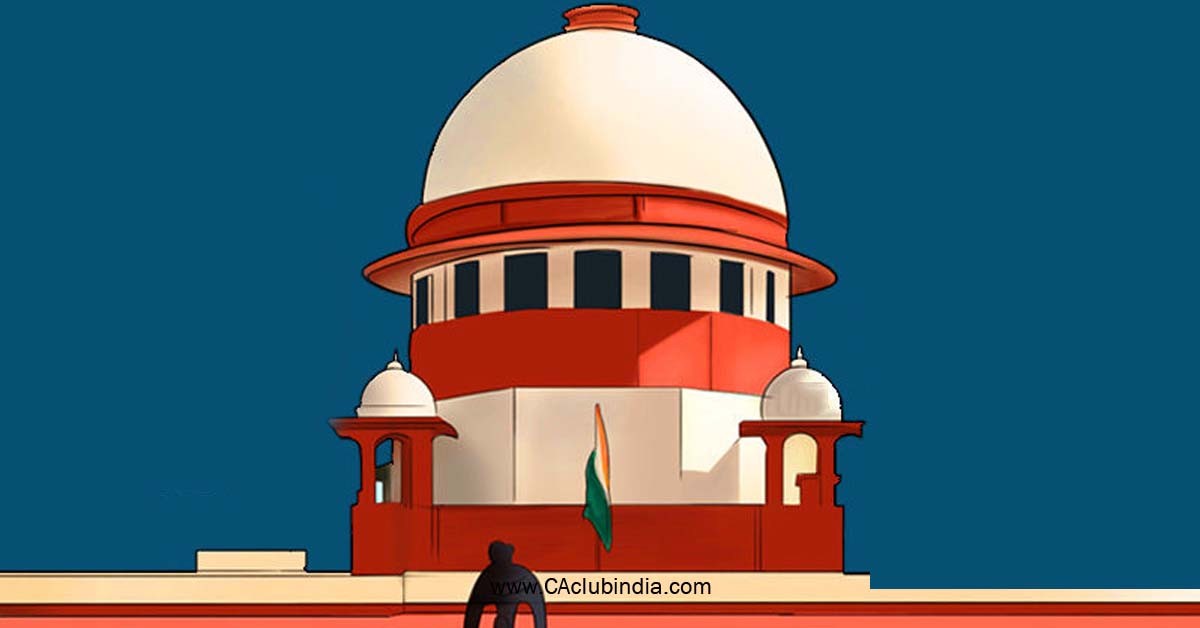Supreme Court has directed the Centre to provide comprehensive details regarding the issuance of notices and arrests made under the provisions of GST. This directive comes in response to concerns raised over potential harassment of citizens and the ambiguity surrounding the powers of arrest outlined in section 69 of the GST Act.
A special bench comprising Justices Sanjeev Khanna, MM Sundresh, and Bela M Trivedi, currently presiding over a series of 281 petitions challenging various aspects of the GST Act, Customs Act, and provisions of the Prevention of Money Laundering Act (PMLA), expressed apprehension regarding the existing ambiguity in section 69 of the GST Act.
The bench emphasized its commitment to interpreting the law in a manner that safeguards the liberty of individuals and prevents unjust harassment. Justice Khanna remarked, "If we find there is ambiguity in the provision, we will set it right. Second, people can’t be sent behind bars in all the cases."

The court has specifically requested data on notices issued and arrests made under the GST Act for alleged defaults ranging from Rs 1 crore to Rs 5 crore over the past three years. This data, the bench stressed, is crucial to evaluating the potential misuse of powers by authorities and ensuring that individuals are not unduly deprived of their liberty.
During the proceedings, concerns were raised regarding instances where individuals are subjected to harassment through the issuance of notices without subsequent arrests. Highlighting the procedural safeguards, it was noted that arrest under the GST Act should be preceded by the adjudication of the amount in question.
Key questions raised include whether the liberty of an individual can be curtailed under section 69 before the assessment and quantification of the alleged default. Additional Solicitor General SV Raju assured the court of gathering necessary data related to notices and arrests made under the central GST Act.
The bench underscored the importance of distinguishing between cases of fraud and inadvertent lapses, emphasizing the need for procedural fairness and adherence to principles of natural justice. It also hinted at the possibility of requiring authorities to provide grounds of arrest in writing, akin to provisions in the PMLA.
Looking ahead, the court aims to address these concerns comprehensively in order to uphold the principles of justice and liberty. The next hearing, scheduled for May 9, is expected to shed further light on these critical issues.





 CAclubindia
CAclubindia

